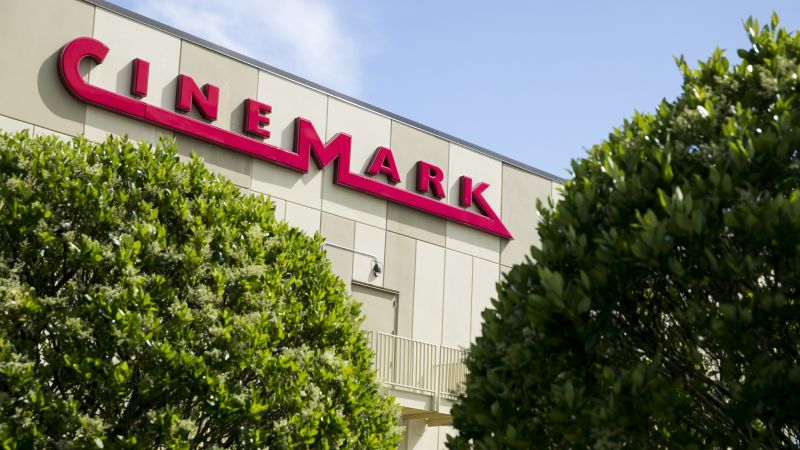A lawsuit has been filed against Cinemark, alleging false advertising in regards to the size of their drink cups. The lead plaintiff, Shane Waldrop, ordered a 24-ounce beer at a Texas Cinemark theater and discovered that the cup could only hold 22 ounces. His attorney claims that this discrepancy is an example of consumers overpaying for a benefit they are not receiving. The lawsuit argues that Cinemark’s false advertising violates state and federal laws, although the size of the cups has not been independently verified by CNN.
Movie theater concessions are a significant source of revenue for Cinemark, with concession revenue climbing to $243 million in the most recent reported quarter. Rising prices and lower movie attendance have led to an increase in concession revenue, with Waldrop’s lawsuit alleging that some of this revenue is generated through shortchanging customers. The lawsuit highlights the pricing discrepancy between a 20-ounce drink and a 24-ounce drink, with the larger drink actually costing more per ounce due to its smaller than advertised size.
Shrinkflation, the practice of reducing product sizes to reduce costs without changing prices, has been in the spotlight recently. Some packaged food brands have faced accusations of engaging in shrinkflation, with OREO Double Stuf cookies seeing a 6% decrease in weight from 2019 to 2023. The attorney representing Waldrop in the Cinemark lawsuit suggests that consumers are tired of not receiving value for their money, and that class actions can help change these bad business practices.
The lawsuit against Cinemark is part of a broader trend of consumers challenging companies over deceptive practices, such as shrinkflation. With Waldrop’s attorney arguing that class actions can be a mechanism for addressing these issues, it is clear that customers are increasingly aware of and resistant to being misled by companies. As the lawsuit against Cinemark progresses,













